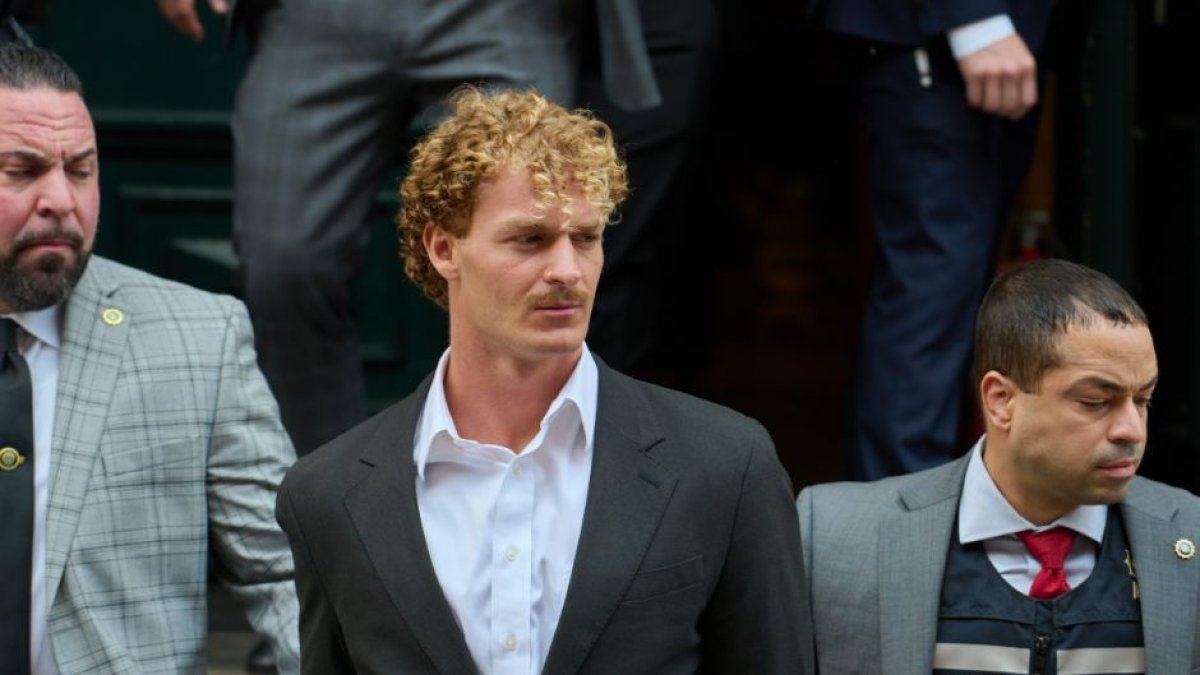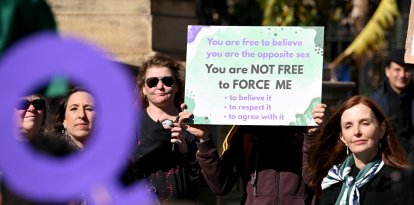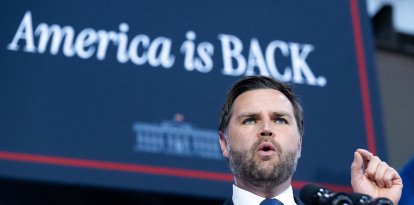Daniel Penny's defense in Jordan Neely's death case claims he "did for others what we would want someone to do for us"
Opening statements showed that the prosecution will try to convince the court that the young veteran was "unnecessarily reckless" in strangling Neely as he was threatening other passengers on the New York subway.

Former Marine Daniel Penny
The trial of Daniel Penny for involuntary manslaughter began Friday with opening statements from the parties and initial testimony. The former Marine faces involuntary manslaughter charges stemming from the death of Jordan Neely, whom Penny cut down with a tire iron while they were on a New York subway.
Prosecutors acknowledged that Neely, a 30-year-old homeless man with a history of mental problems, had frightened "many" people on the subway car with his erratic behavior before Penny's intervention. However, they argued, the 26-year veteran's maneuver was "unnecessarily reckless."
Penny, argued Assistant U.S. Attorney Dafna Yoran, should have released Neely when he lost consciousness and the passengers were outside of the car. Yoran even went further, asserting that the defendant failed to recognize Neely's "humanity."
However, defense attorney Thomas Kenniff assured that his client had acted in defense of himself and the other people on the F train. "[He] did for others what we would want someone to do for us," he said, recalling that Neely had threatened the frightened passengers, screaming and apparently intoxicated, with words like "I'm ready to die" and "I'm ready to serve a life sentence."
While Kenniff pointed out that when the police finally arrived, Neely was still alive, the prosecution pointed out that he should have tried to resuscitate him. The first day of the trial ended at 2 p.m., after the testimony of five witnesses. It will resume on Monday.
The incident, which occurred on May 1, was filmed and quickly went viral. The discussion over whether or not Penny acted correctly became one of the controversies of the moment, sparking claims about New York's lack of security and the right to self-defense. Penny's supporters even organized a collection to pay for his legal defense.


























